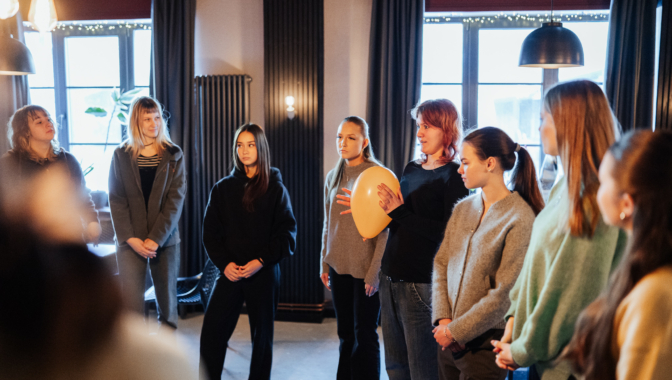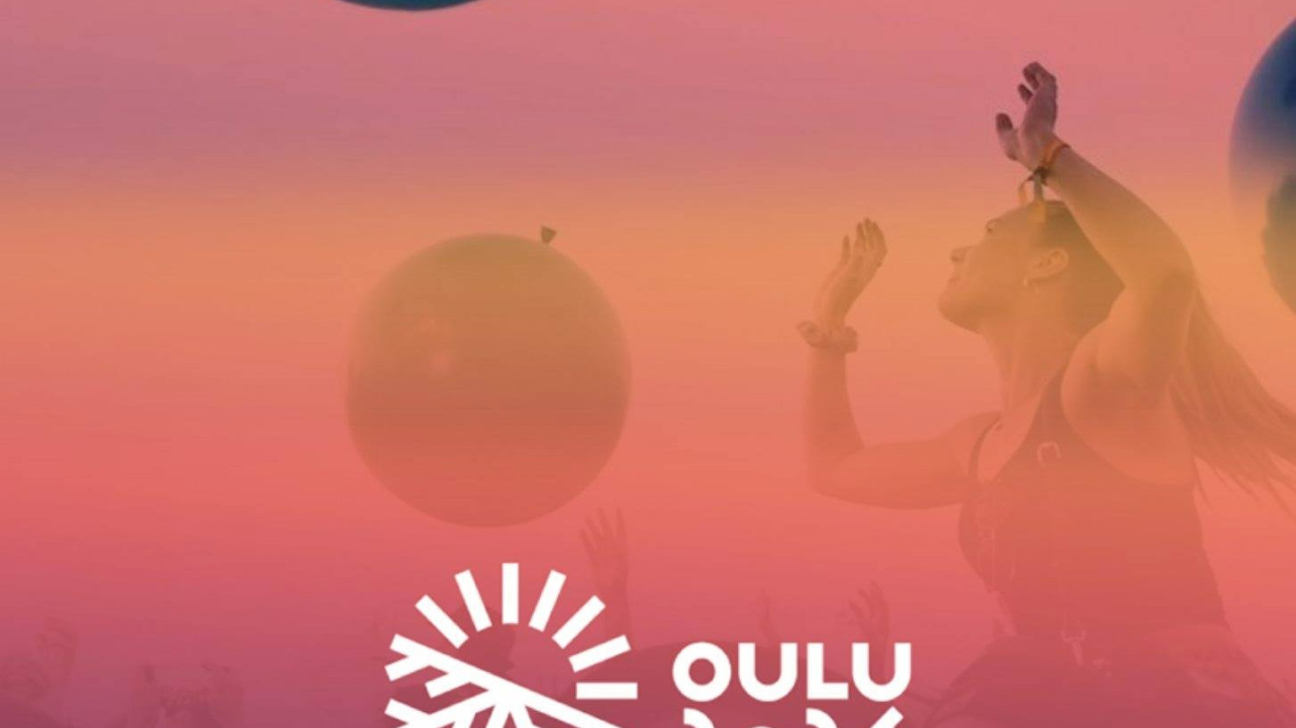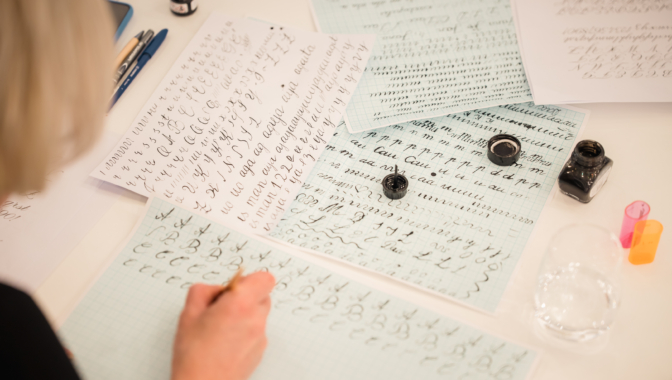Behind the scenes are currently buzzing with the activities and various tasks for the joint Liepāja, South Kurzeme and Kuldīga European Capital of Culture 2027 Bid Team, creating a diverse, multi-genre and compelling five-line programme, building close cooperation not only with local and national cultural, educational and social field players, but also with a wide range of international partners, not only from Europe.One of the goals of the joint Liepāja, South Kurzeme and Kuldīga Bid is to establish strong, functioning and real cooperation-based international relations that do not end with just “buying” foreign artists for a single concert, but nurturing this cooperation to morph into the everyday processes of Liepāja as a regular matter of course.
Therefore, during the preparation of this application, we are giving a very important role to building cooperation and strengthening relations with international partners.
We work with artists, various groups, cultural and other organisations from Austria, USA, Baltic States, Hungary, Germany, Canada, Spain, Norway, France, UK, Russia, Portugal and other countries.There is close cooperation with existing European Capitals of Culture and candidate cities in our immediate neighbourhood and further afield in Europe, including the Portuguese candidate cities for ECoC 2027.
Solid and extremely valuable cooperation is also being developed with various international universities and educational institutions.Joint ideas are already being generated and geographical boundaries of cooperation are being extended through the involvement of various international partners.
This is also a great moment to strengthen and renew links with Liepāja’s existing twin and partner cities – Palanga and Klaipėda in Lithuania, Guldborgsund in Denmark, Elbląg and Gdynia in Poland, Darmstadt in Germany, etc.
We particularly focusing also on those cities which, like Liepāja and the whole surrounding region, share a common border with the Baltic Sea.
Not only international cooperation projects are being developed, but we are also exchanging ideas, proposals and experiences on how to create and shape a programme that is as appealing as possible to everyone – from children to seniors, from dynamic cultural gourmets to those who last attended a cultural event several years ago.



